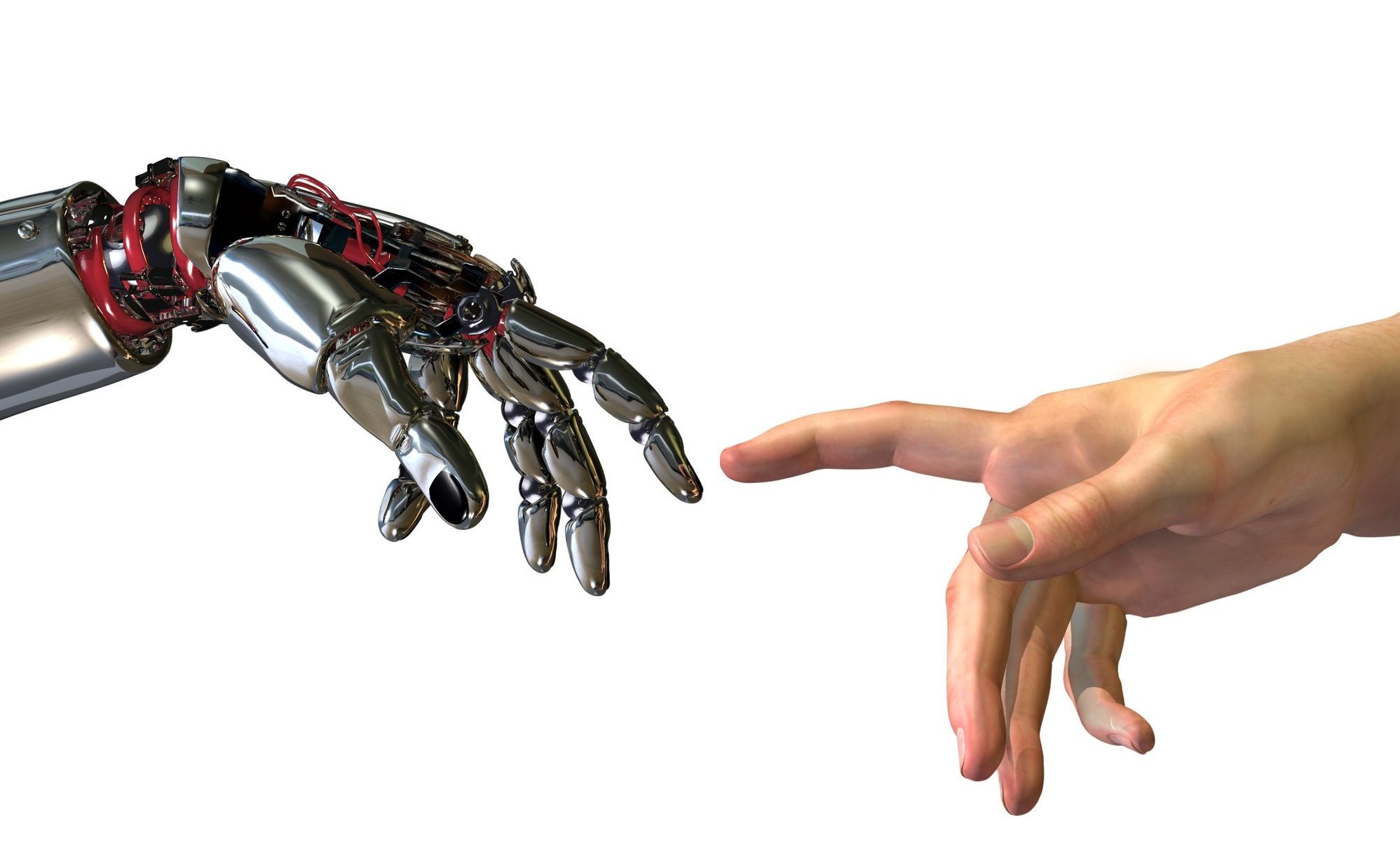Author
Eduardo B. Sandoval
Abstract
This work raises current concerns about the possible development of robot addiction, both physical and emotional, as we witness cognitive overload produced by multiple gadgets, social media and other technologies. Certain sectors of the population excessively use computers, internet, mobiles, tables, apps, videogames, VR viewers and other screen-based technologies . This “addiction” to technology is creating physical, psychological and emotional issues in users due to sedentarism, cognitive overload and lack of socialisation . Rapid advances in robotics foreshadow a daily life of service/social robots performing tasks on our behalf and interacting with humans in daily scenarios, generating the possibility of future physical and emotional dependency in the near future. An over-use of robots for physical and cognitive activities could result in modification of multiple behaviours affecting the way that humans experience daily life. Hence, some adjustments should be done in order to raise a healthy global population using robots and avoiding future negative consequences for users and society in general. Furthermore, addiction towards robots should be defined. Questions requiring further research are raised: to what extent a service/social robot should be used? To what extent should we encourage social, and emotional engagement with robots? How can we avoid negative interactions with robots as is suggested in much of science fiction? Media amplifies the possible interactive and emotional scenarios involving humans and robot relationships. People fall in love with robots, and being friends and enemies with robots are fictional topics depicted in movies, books, and tv-series. Under this representation is possible to imagine different future scenarios with “toxic relationships”, “emotional dependency” and “addiction to robots”. However, technology hasn’t yet achieved the level of sophistication required for natural human-robot interaction. At the moment, there is limited progress in the development of social robots capable of minimal and limited social interaction involving emotional, and psychological engagement with users under controlled conditions. Nevertheless, future short-term applications of social robots aim to use this technology in education, psychotherapy, caregiving and several other human interactive purposes. Considering the importance of those areas for human development, this proposal aims reflect over the adjustments required to use safely social robots in emotional, social and psychological terms avoiding future addition towards them. Similarly, ethical implications in robot-behavioural design must be prepared in order to provide moral guidance to future robot designers.
Bio

Eduardo B. Sandoval is a social robotics researcher. His work spans different aspects of social robotics, such as Reciprocity in Human-Robot Interaction (HRI), robots and education, and robots and fiction, among other topics. Mainly, He is interested in how people make decisions when they interact with robots and other interactive devices. Beyond traditional robotics, there is a growing interest in the idea of designing machines that are capable of meaningful social interactions with humans. His work incorporates insights from behavioural economics and social psychology in order to explore different approaches in social robotics. He claims that “as a result of working in social robotics I have a better understanding of the human condition”.
